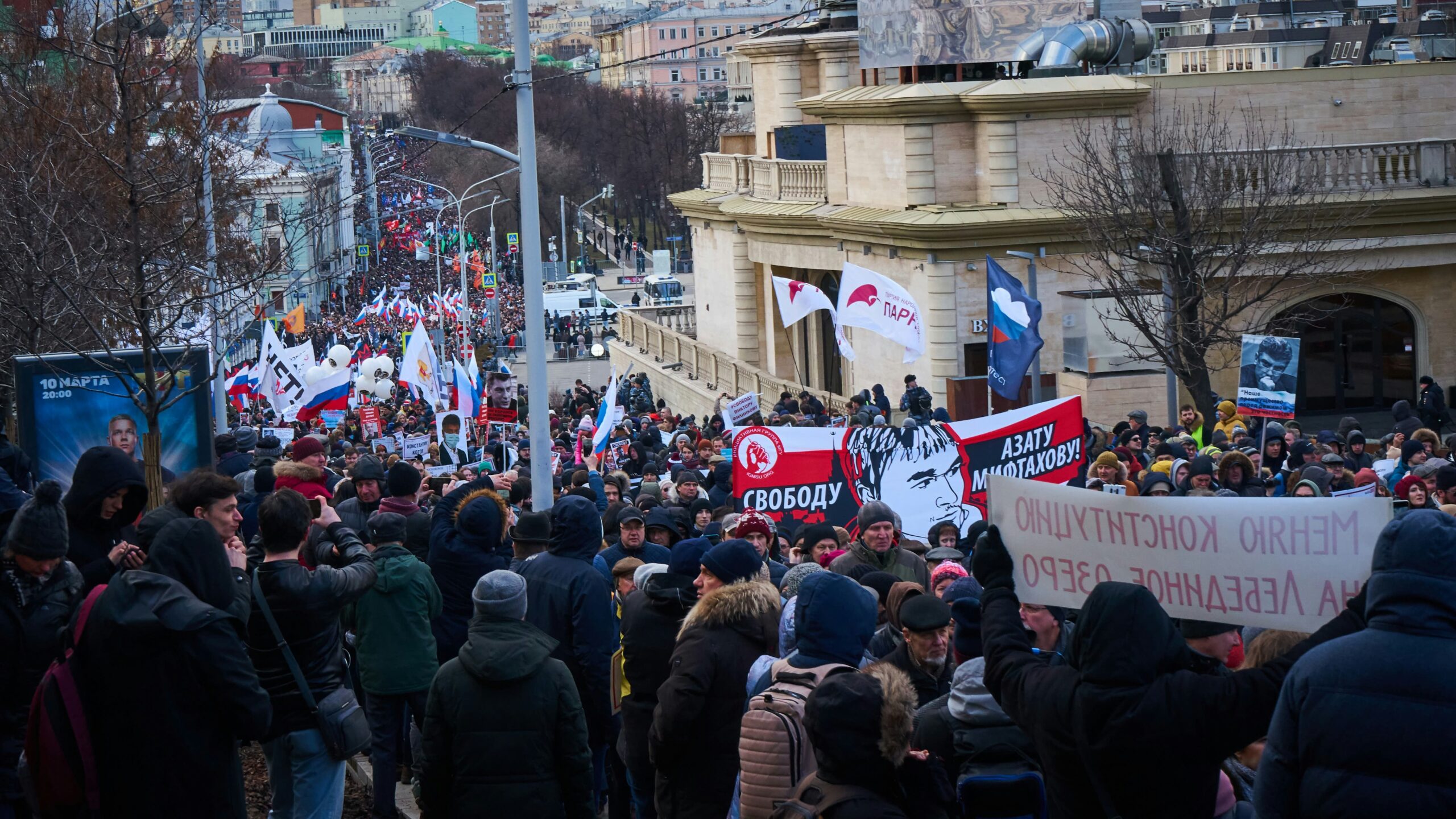
In a dramatic escalation of civil unrest, thousands of Serbian protesters have intensified their antigovernment demonstrations, which have now entered a violent phase with clashes against police and pro-government supporters. The protests, which have spread across several cities including Novi Sad and Belgrade, are calling for early elections and directly challenge the administration of President Aleksandar Vucic over allegations of corruption and mismanagement.
Key Facts
- Demonstrations began over nine months ago following the tragic collapse of a train station roof in Novi Sad that resulted in 16 deaths.
- Protesters have targeted the headquarters of the Serbian Progressive Party (SNS) in Novi Sad, vandalizing the property and expressing outrage toward President Vucic.
- Clashes have escalated notably in the past few days, with police deploying tear gas in Belgrade to manage the protesters and supporters of the government.
Background
The catalyst for the current wave of protests was a deadly incident last year where a train station canopy collapsed, killing 16 people. This incident sparked widespread public fury over alleged corruption in government infrastructure projects. The protests have grown in intensity and scope, focusing largely on the demand for President Vucic to step down and call early elections.
Timeline/What We Know
Protests reached a new height this Thursday, with significant violence erupting in Novi Sad where protesters raided the SNS headquarters. The police, typically present to maintain order, were reportedly absent as protesters took to the streets. In Belgrade, confrontations between protesters and SNS supporters turned violent on one of the city’s main boulevards, with police intervening with tear gas.
Interior Minister Ivica Dacic reported that the previous night saw protests at about 90 locations nationwide, resulting in the arrest of 47 individuals and injuries to approximately 80 civilians and 27 police officers.
Official Reactions
President Vucic has vehemently denied allegations of corruption, asserting his commitment to fighting organized crime. He accused the protesters of being manipulated by foreign influences, though no evidence was provided to support this claim. Vucic has promised a stern response to the unrest, indicating potential further arrests and measures to suppress the protests.
EU’s Commissioner for Enlargement, Marta Kos, commented on the situation, describing the violence as ‘deeply concerning’ and emphasizing the importance of free expression and media safety in the context of Serbia’s aspirations to join the European Union.
What’s Next
As tensions continue to rise, the international community is closely watching Serbia’s handling of the protests. The government’s next steps could significantly impact Serbia’s political stability and its path toward EU membership. Meanwhile, the protesters show no signs of receding, potentially leading to more intensified clashes or a governmental shift if their demands for early elections are met.


